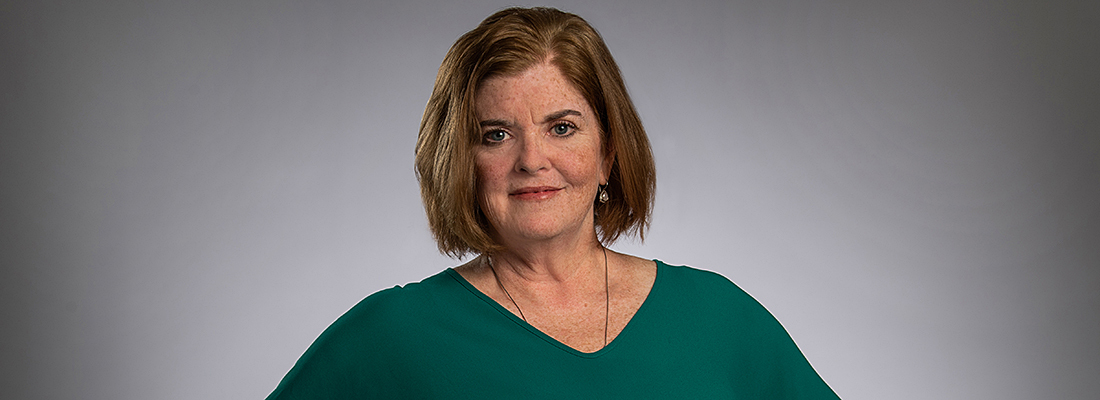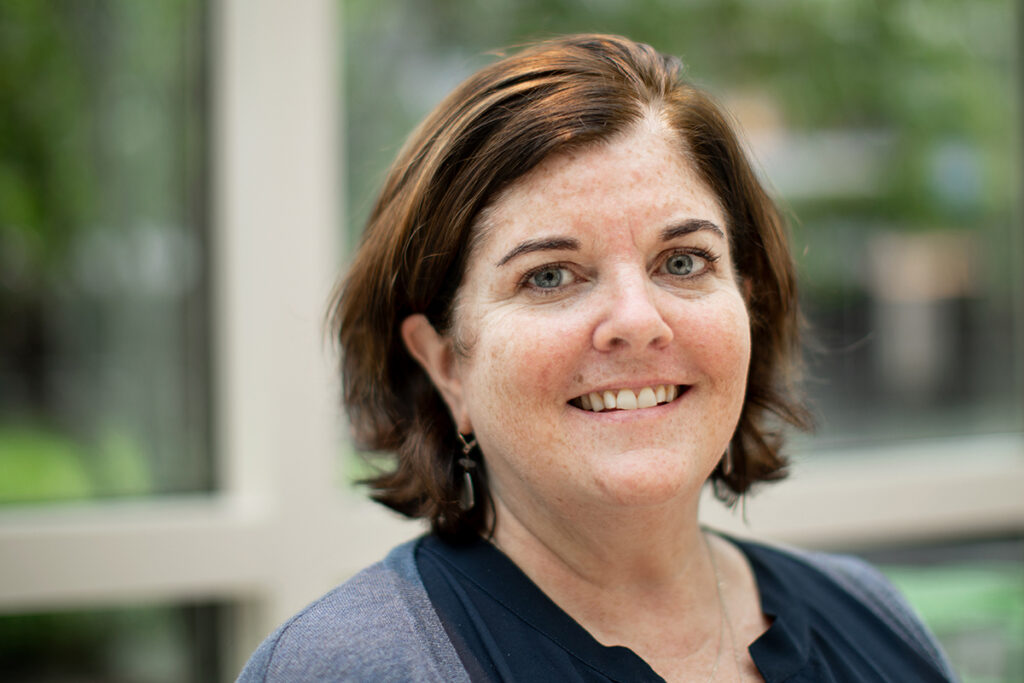Ekip Solid: A Conversation with Dr. Sheila Davis


Dr. Sheila Davis has said she never could have foreseen how her career would twist and turn, eventually leading her to where she sits as the chief executive officer of Partners In Health—a position she assumed just over one year ago.
Now, Davis is in another unforeseen situation as a leader in the global fight against the novel coronavirus. While her teams marshal the organization’s response from Peru and Haiti to Rwanda and Lesotho, she has helped launch a new effort—first in Massachusetts and then across the United States—that places PIH as a key technical adviser and partner to government and community partners in a sweeping effort to stop the spread of COVID-19.
Luckily, Davis isn’t a stranger to responding to public health emergencies. Joining PIH as a nursing coordinator in October 2010, she was instrumental to planning and opening University Hospital in Mirebalais, Haiti, in the months following the country’s devastating 7.0 earthquake. As the chief nursing officer, she led the organization’s Ebola response in West Africa from 2014 to 2016. And rising to chief clinical officer in January 2017, she was the first called to coordinate an emergency response when flooding wiped away entire neighbourhoods in Lima in the spring of 2017.
In the interview below, she reflects on the current moment—and much more—in the first in an ongoing series with PIH global leaders that we’re calling Ekip Solid, or “Strong Team,” in Haitian Creole. The participants are all experts in their fields, and each interview will address how they approach leadership, share what drives them to global health work, and provide an inside look at their professional and personal passions.
So far, 2020 has been a roller coaster of a year, and it’s far from over. What are some challenges you’ve faced as PIH pivoted to respond to COVID-19 this year? And what do you hope the remaining months will bring?
Responding to the COVID-19 pandemic has been challenging in so many ways, and we know that we still are not past the worst of it. The silver lining has been seeing how the PIH community mobilized. Our Daily COVID-19 Update calls have been a striking example of the strength of PIH. On these update calls, our colleagues from around the world gather to share knowledge and discuss strategies in a beautiful display of support for one another. So far some care delivery sites, such as Socios En Salud (SES) in Peru, have been hit very hard, and during these calls we have all been able to learn from the experiences the SES team has gone through and offer our support.
You’ve spoken about how nurses have been “virtually invisible” in health care, despite their vital work, and the need for more nurses in leadership roles. How has your decades of experience in nursing shaped you as a leader? What unique skills and perspectives do nurses bring to the table?
In all sectors of health care, nurses are omnipresent. One of the major strengths of nursing is the ability to work within a multi-disciplinary team and continually triage and pivot to the greatest need. Nurses also have the privilege of spending a lot of time with patients through birth and end-of-life care and can share in the joys and sorrows of patients’ lives in a very important way.
You’ve long stood in solidarity with the HIV/AIDS community, both globally and in the U.S. What changes have you seen in care delivery and advocacy over the years and what still needs to change?
Almost 40 years into the HIV/AIDS epidemic, we still do not have an effective vaccine. Huge strides have been made in treatment and prevention of transmission, but over 770,000 people died of HIV in 2018 alone and 32 million died since the epidemic began. The advocacy of Act-Up and Treatment Action Campaign (TAC) changed the way that drugs were researched and approved globally. Treatments in cancer, heart disease, and every other clinical area have benefitted from the advocacy that sped up every part of the process from drug discovery to clinical trials to approval. The advocacy around treatment pricing globally and ensuring that there is access to the newest – and often most cost prohibitive – drugs also benefitted from HIV/AIDS activism, but we still have a long way to go to make treatments for all medical issues available and affordable for the most vulnerable.
We are in the midst of a global movement for Black lives that spans across all areas of society, from the criminal justice system to health care. How can leaders—especially cis, white, straight people in the Western world—amplify the voices of people from marginalized groups and foster systemic change?
Instead of us trying to amplify voices that have systematically been oppressed, we need to get out of the way and let people speak for themselves. Even in instances of well-intended amplification, it implies that someone, usually someone who has been in a position of power and privilege, is needed to be the conveyer of the message. At PIH, we are committed to addressing racial injustice, both internally and externally, and know that we have a ways to go. We also understand that this process of re-conditioning ourselves is ongoing and are committed to continuing with the knowledge that, for many of us, this will be a life-long commitment.
Not everyone knows that you’re a single mother who raised your daughter while taking night classes to pursue your masters and doctorate in nursing. What did this experience teach you about yourself and the world?
It is a challenge to juggle work, school, and family, but I was fortunate to have a great group of friends and family that helped with my daughter, Eva, which enabled me to continue to advance my academics and career. I also had great mentors who continually encouraged and pushed me to keep going. It was a delicate balance and I made some mistakes along the way, but there is no perfect roadmap. Now, as I look back at the communities that Eva has been a part of because of my work and education, I am glad that she was such a part of my work and school life. It comes full circle in many ways.
When Eva was at Boston University as an undergraduate, she was the nanny for PIH’s Chief Medical Officer Dr. Joia Mukherjee’s child, Che. Eva and Che had a special bond, as they both had mothers who worked in global health and travelled a lot. One day, when Eva was taking care of Che while Joia was travelling and they were dropping me off at the airport, Che asked Eva who took care of her when her Mommy travelled. Eva told Che that we all take care of each other. I think that says it all.
You live near the ocean and see it as a source of great peace. What inspires your love of nature?
I have always gravitated toward the ocean, and I moved to a little seaside town outside of Boston a few years ago. I am so lucky to be able to walk on the beach all year long and like it best in fall and early spring, when I often have the beach to myself. The water is so powerful; the sound of the waves, the beauty of the water, and the smell of the salty air engage all your senses.
Tell us more about what you do in your spare time—we know you write poetry. Have you written anything lately? And have you read any poetry that you find particularly relevant now?
Alice Walker is a poet I have always loved, and her poem, “Women,” seems particularly pertinent for today. Although she is best known for her book The Color Purple that was made into a movie, her poetry is beautifully written, tackles difficult topics, and always makes you stop and re-read passages over and over again. A lesser known poet, Tracy K. Smith, is also definitely worth exploring. She has said, “For me, a poem is an opportunity to kind of interrogate myself a bit.” That is the best example of what poetry means to me. During this challenging time, reading the powerful words of others helps me self-reflect and the subsequent self-interrogation is good for all of us.
Article originally posted on pih.org



